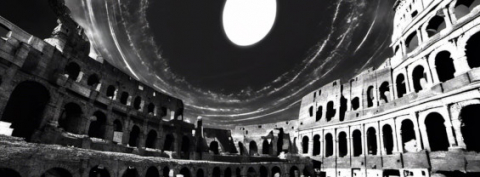Recent gravitational wave observation by pulsar timing arrays and primordial black holes: The importance of non-Gaussianities

Have pulsar timing arrays seen the afterglow of cosmic inflation?
The pulsar timing array collaborations have found evidence for nHz gravitational waves by observing variations in the timings of the electromagnetic impulses from pulsars. The authors in [1] studied whether this signal may have originated from the very first moments of our universe.
The structures observed in the present Universe are thought to have arisen from tiny quantum fluctuations in the very young Universe during a period of exponential expansion dubbed cosmic inflation. If these fluctuations are sizable, they will collapse and produce an afterglow in the form of a gravitational wave background which pulsar timing array observations may have picked up. In some rare cases, these fluctuations may even collapse into black holes which would survive until today as witnesses of the Universe's first moments. Producing too many of these primordial black holes would be a problem, however, as this would clash with existing measurements of the amount of dark matter filling our universe.
The gravitational wave afterglow from cosmic inflation is intimately linked to both the quantum fluctuations in the inflationary epoch and the abundance of primordial black holes. The authors considered potential variations in the statistical nature of these fluctuations and showed that, in the most common models considered by theorists, the observations of pulsar timing arrays would imply the overproduction of primordial black holes if the signal indeed arose from these scenarios. However, they also identified a class of models in which this conclusion can be avoided.
Article
Physucal Review Letters
Authors
Gabriele Franciolini, Antonio Junior Iovino, Ville Vaskonen, Hardi Veermae
